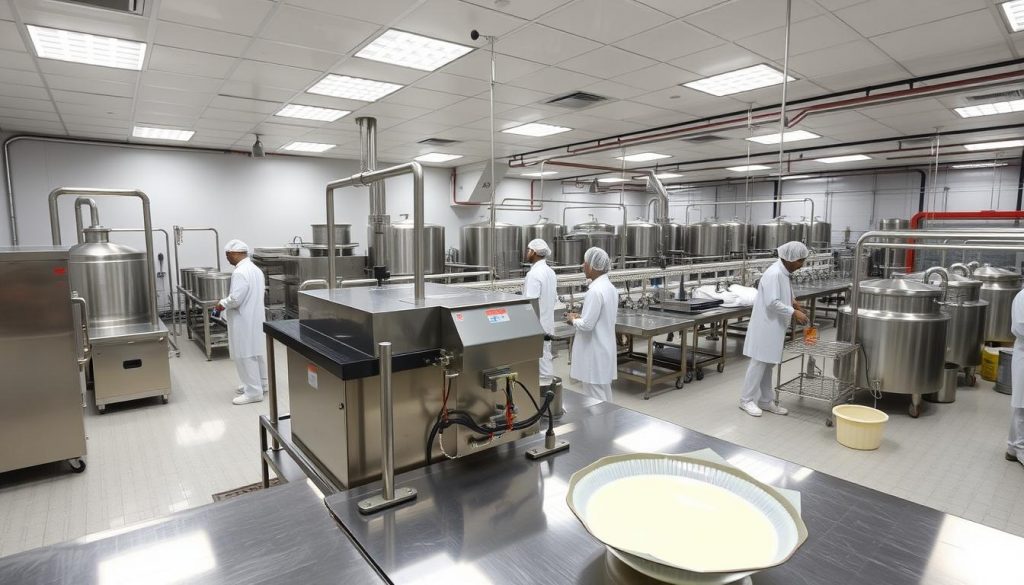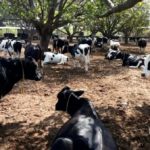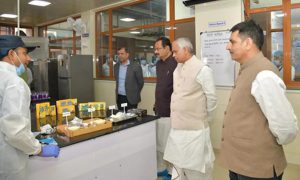
A new era of automation is modernizing a traditional Indian dairy product, boosting efficiency and hygiene for the agribusiness sector.
A significant transformation is underway in India’s agribusiness sector, as automation is beginning to revolutionize the production of a traditional dairy product: khoya. The article reports that historically, the making of this dense, creamy ingredient has been an unorganized, labor-intensive process, which has led to issues with inconsistency and even adulteration. This new wave of technology is aimed at addressing these challenges, blending time-honored tradition with the precision and reliability of modern food processing.
The shift toward automation is being led by companies like Gyan Dairy, which has established a new plant with a daily capacity of 20 metric tons. This is a landmark development, as it contrasts sharply with the traditional, small-scale production units that have long dominated the market. The new facility leverages patented Indian technology, in collaboration with Tetra Pak, to streamline the process. This investment in modern infrastructure is a powerful signal that the dairy industry is evolving to meet the demands of scale and quality.
The article highlights a key piece of data journalism, noting that India produces approximately 20 lakh tons of khoya annually, with peak demand during festive seasons. This immense scale of production underscores the need for a more consistent and reliable food supply chain. The introduction of automated plants is a direct response to this need, aimed at enhancing product quality, ensuring consistency, and ultimately restoring consumer trust in khoya-based sweets, which are a vital part of Indian culture and cuisine.
According to Jai Agrawal, Managing Director of Gyan Dairy, this innovation is a “turning point” for the dairy industry. It allows manufacturers to deliver high-quality and healthy products on a large scale, something that was previously difficult to achieve with manual methods. This focus on quality and consistency is crucial for both domestic consumers and for the potential for future export to a global market, which is increasingly focused on food safety and traceability.
Ultimately, the automation of khoya production is a powerful case study in modern dairy economics. It shows how technology can be used to solve long-standing problems in a traditional industry, creating a more efficient, hygienic, and reliable food supply chain. For the international agribusiness community, this development is a clear example of how innovation can transform a local staple into a product that can meet the standards of a global market.
Source: The Times of India, “Khoya revolution: Automation enters Khoya production”
You can now read the most important #news on #eDairyNews #Whatsapp channels!!!
🇮🇳 eDairy News ÍNDIA: https://whatsapp.com/channel/0029VaPidCcGpLHImBQk6x1F

















